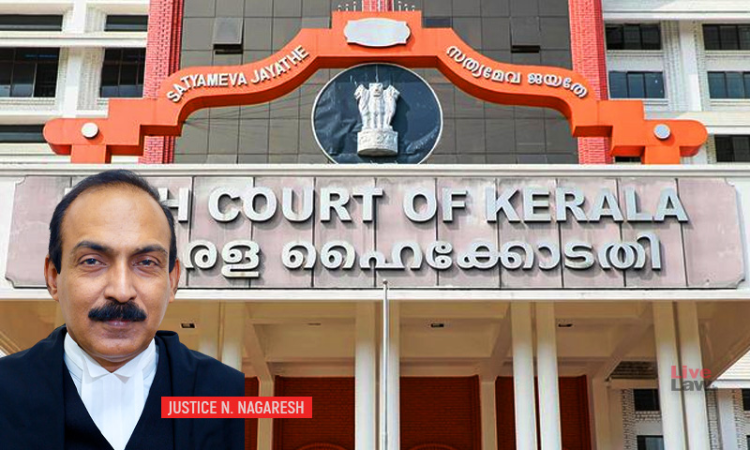Kerala Public Buildings Act | Secretary Of Panchayat Empowered To Act As Estate Officer: High Court
Hannah M Varghese
23 July 2022 5:15 PM IST

Next Story
23 July 2022 5:15 PM IST
The Kerala High Court on Friday held that the Secretary of a Grama Panchayat is empowered to act as Estate Officer under the Kerala Public Buildings (Eviction of Unauthorised Occupants) Act, 1968. Justice N. Nagaresh accordingly dismissed a petition alleging that the occupants of a shopping complex were not afforded an opportunity of hearing before the Estate Officer before they were served...
